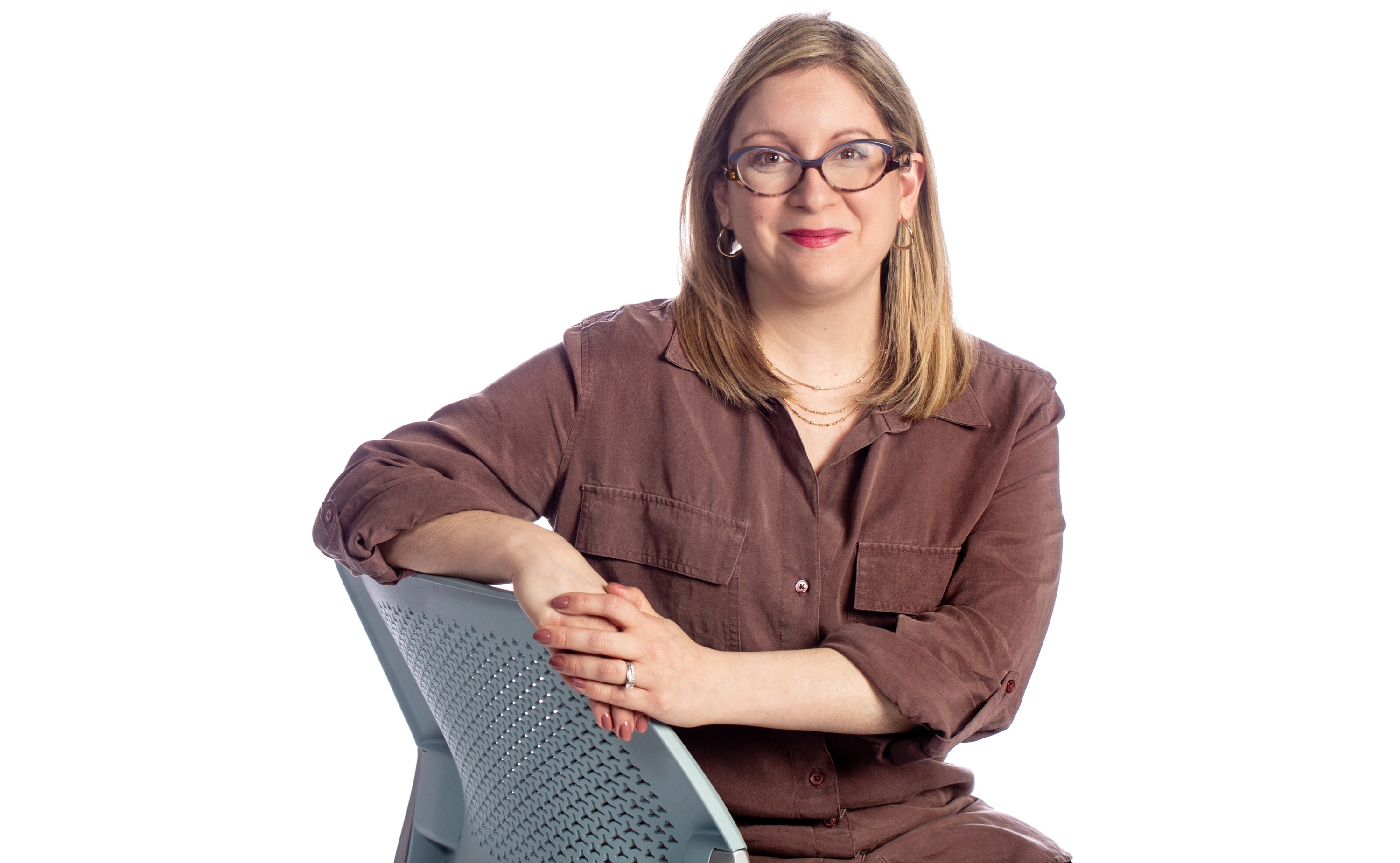Albertans who are experiencing domestic abuse have a new online tool to find reliable help and information.
The Domestic Abuse Resource Hub, the first of its kind in Canada, offers a wide range of resources including connections to counselling, videos, podcasts and written materials. The resource is based on University of Alberta research and uses artificial intelligence to continuously improve what it offers.
The content is curated by Sagesse, a provincewide domestic abuse agency, and was developed based on research by Stephanie Montesanti, associate professor in the School of Public Health.
The site is designed for anyone who may be experiencing domestic abuse, using abuse to harm, exploit or control another person, or supporting others in those situations.
“The hub is designed for all Albertans who want to gather their own information,” says Carrie McManus, director of innovation and programs for Sagesse. “It’s that non-judgmental place where you can go and get information and you know that it’s good, and that it’s always going to be there.”
Most people who experience or use abuse don’t access formal services like a crisis line or counselling, according to Montesanti, but instead rely on informal support networks such as friends or family. They may feel shame or guilt, fear stigma or have privacy concerns.
“The hub is a one-stop shop where anyone can find information on domestic abuse that is credible, reliable and up to date,” says Montesanti.
“Smarter the more it’s used”
More than four in 10 women and six in 10 Indigenous women in Alberta experience intimate partner violence in their lifetimes, according to Sagesse. A Government of Alberta report tracked 165 deaths due to family violence between 2011 and 2020, with 18 (15 victims and three perpetrators) in 2020 alone. Montesanti says the idea for the online hub first came up at the beginning of the COVID-19 pandemic, when domestic violence calls at first went down, and then surged by 57 per cent.
Montesanti’s Collaborative Applied Research for Equity in Health Policy and Systems (CARE) Research Lab team did focus groups with survivors of domestic abuse and with service providers. They learned that while there is lots of information on the internet about domestic abuse, it may be outdated or incorrect. The sheer volume of available resources can be overwhelming during a stressful time.
When users visit the new Domestic Abuse Resource Hub, they are asked a series of simple questions such as “Are you concerned that you may be experiencing abuse?” and “Are you concerned about your potentially abusive behaviour?” Using artificial intelligence technology, the tool then targets the information provided, including peer support, housing support or resources specifically for Indigenous, 2SLGBTQ+ or elderly people, or people living with disabilities. There is a quick exit button on every page for safety.
“The site actually should become smarter the more that it’s used,” says McManus.
The questions and resources provided are guided by the best knowledge available on how people seek help, Montesanti notes, and her research team will learn more based on data about how the hub is used.
“We can identify gaps in information and discover what we do not know about help seeking, including how people search, for what information and in what format,” Montesanti says. “If we understand how people impacted by abuse seek help, we can better support them.”
The Domestic Abuse Resource Hub was developed with funding by the Government of Alberta through the Community Initiatives Program and by Sagesse supporters. Montesanti’s research was funded by a Canadian Institutes of Health Research COVID-19 Knowledge Synthesis grant. Montesanti is a member of the Women and Children’s Health Research Institute and lead for the Supporting Healthy Indigenous Communities program within the Centre for Healthy Communities.
